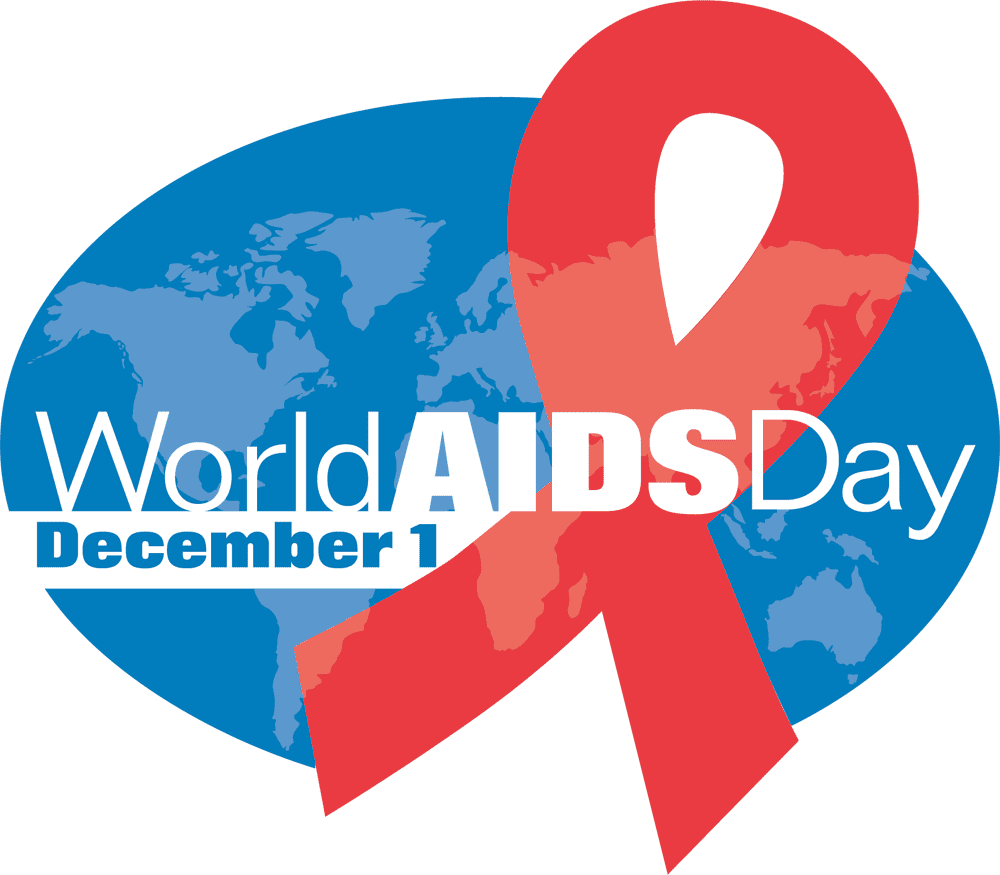All communities in Kenya have been asked to actively engage in the fight against HIV/AIDS, particularly in addressing new infections and combating stigmatization.
Speaking to the press in Meru town yesterday ahead of the national commemoration of this year’s World AIDS Day, the National Syndemic Diseases Control Council (NSDCC) Chief Executive Officer (CEO) Ruth Laibon-Masha emphasized the critical role of communities in curbing HIV-related stigma and discrimination.
Under the theme “Let Communities Lead” for the 2023 World AIDS Day, Masha highlighted the significance of community-led responses in conjunction with public health systems to address issues such as stigma and discrimination, as well as providing crucial HIV prevention education.
She stressed the need for comprehensive stakeholder investment at the grassroots level to effectively tackle these challenges.
Despite Kenya’s progress in combating the ravaging HIV epidemic, ranking seventh globally in terms of people living with HIV, Masha acknowledged that stigma remains a formidable barrier.
She emphasized the importance of engaging Kenyan men in the conversation, pointing out their role in potentially transmitting the virus to newborns through unprotected encounters.
While Kenya has achieved significant milestones in increasing the number of people on antiretroviral treatment, Masha noted the persistent challenge of new HIV infections among children, adolescents and young people.
The country fell short of its target to reduce mother-to-child HIV transmission rates, recording a transmission rate of 8.6 per cent in 2022.
In Meru County, with a population of approximately 1,775,511, the HIV situation remains a concern.
As of 2023, there are 30,912 individuals living with HIV, with a prevalence rate of 2.4 per cent.
The ‘Triple Threat’ in the county, comprising new HIV infections, teenage pregnancies and sexual and gender-based violence, particularly among adolescents and young women, necessitates focused interventions.
NSDCC is committed to addressing the ‘Triple Threat’ in Meru County through collaborations with local authorities, healthcare professionals, and communities.
Masha emphasized the need for collective efforts to combat these challenges and create a brighter future for Meru County, prioritizing health, safety, and empowerment of adolescents and young adults.
By Viola Chepkemoi
Get more stories from our website: Education News
To write to us or offer feedback, you can reach us at: editor@educationnews.co.ke
You can also follow our social media pages on Twitter: Education News KE and Facebook: Education News Newspaper for timely updates.
>>> Click here to stay up-to-date with trending regional stories






